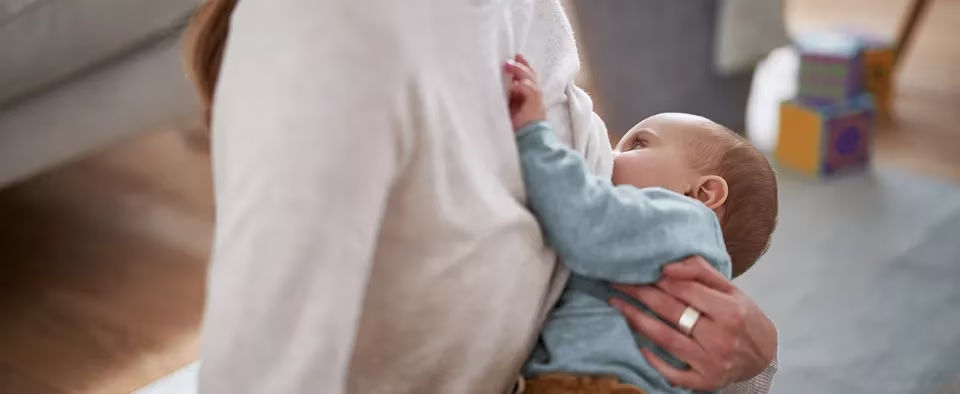‘Of all the things I was expecting from parenting, nipple biting wasn’t something I’d expected! It happens when you least expect it. Those little teeth can really make themselves known!’ (Logan’s mum)
While some babies are born with their first little teeth already on show, others won’t cut theirs until after their first birthday – every baby is different. That said, most babies start teething at around 6 months old1.
As their little teeth start coming through, your baby might chew toys and other objects (your nipples included) to soothe their sore gums. If you’re breastfeeding, this can lead to nipple bites2.
Some breastfeeding mums move on to formula when their baby starts teething to avoid nipple biting, but there’s no reason to stop. With the right support, you should be able to keep breastfeeding when your baby starts teething1 - you just need to find out how to stop your baby biting your nipples.
Our expert midwife has a great top tip: ‘Why not try freezing some if your breast milk in ice lolly moulds? This can ease your baby’s gums and provide them with breast milk at the same time.’






